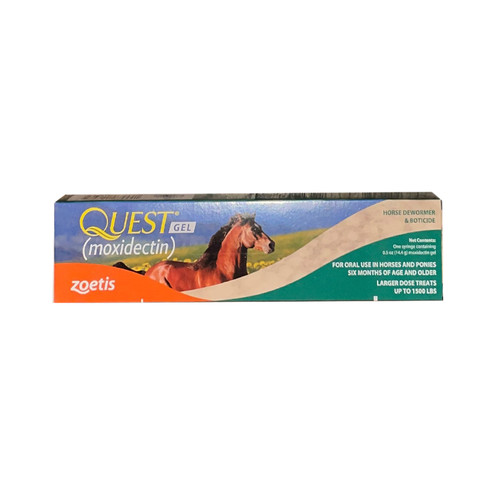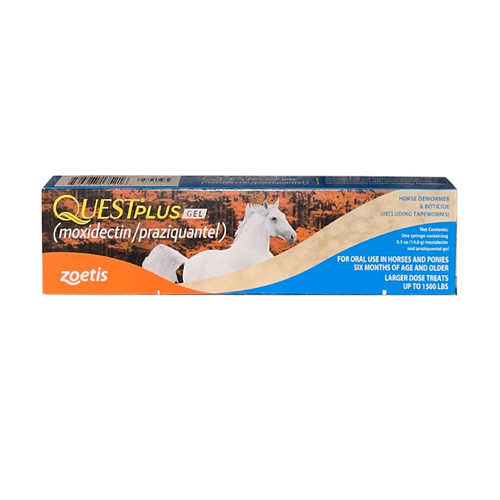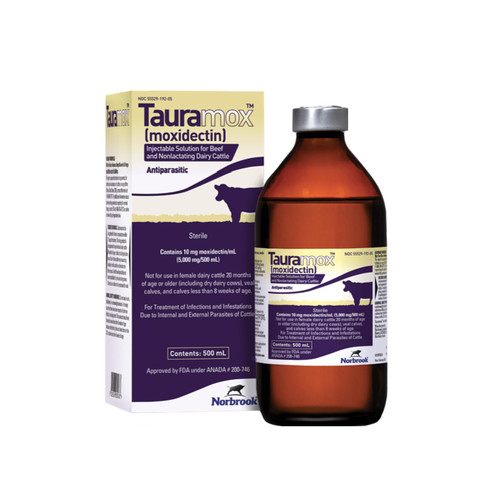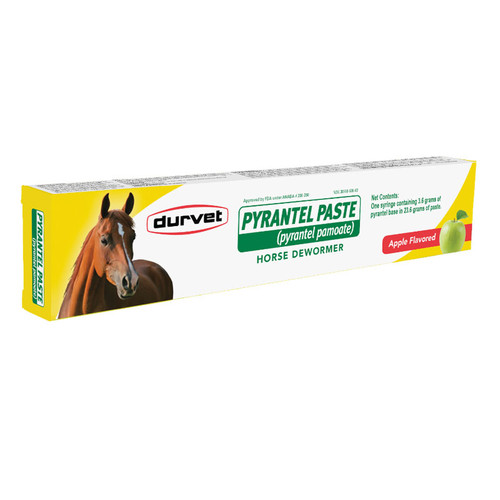Specifications
Description
Product Description
DEWORM YOUR HORSE IN ONE DOSE WITH QUEST or QUEST PLUS-Just one dose of QUEST or QUEST PLUS Gel treats and controls encysted small strongyles, bots and roundworms. QUEST PLUS contains an additional active ingredient ? praziquantel ? for efficacy against tapeworms. The American Association of Equine Practitioners (AAEP) recommends tapeworm treatment in the late fall or early winter after tapeworm transmission ends due to cold weather.
One syringe of QUEST or QUEST PLUS now treats up to 1,500 pounds. Both dewormers remain the same trusted formulations. Use a scale or weight tape prior to each deworming to help ensure an accurate dose for your horse.
Since 2008, veterinarians and horse owners have purchased more than 16 million tubes of QUEST and QUEST PLUS, a testament to horse owners' trust in QUEST and QUEST PLUS.
EFFECTIVE AGAINST KEY EQUINE PARASITES
-Small strongyles are the key parasite of concern for adult horses. This equine parasite has shown widespread resistance to fenbendazole. Moxidectin, the active ingredient in QUEST and QUEST PLUS, continues to show efficacy.
LONG LASTING PARASITE SUPPRESSION
-QUEST and QUEST PLUS are the only FDA-approved products to suppress the production of small strongyle eggs, and a study showed egg suppression persisted for 90 days. This residual parasite control reduces pasture contamination and provides a period of protection from reinfection for horses and ponies.
APPROVED FOR BREEDING HORSES
-QUEST and QUEST PLUS are proven safe for use in a variety of horses. QUEST and QUEST PLUS are the only products approved to treat encysted small strongyles in breeding mares.
Do not use QUEST Gel or QUEST PLUS Gel in foals less than 6 months of age or in sick, debilitated and underweight horses. Do not use in other animal species, as severe adverse reactions, including fatalities in dogs, may result.
WHEN TO DEWORM YOUR HORSE
-Every horse is unique. Work with your veterinarian to develop an Individualized Deworming program for your horse beginning with a fecal egg count (FEC) test.
Know Your Horse?s Parasite Risk Factors
All horses have unique risk factors that affect their vulnerability to parasites. Evaluate these with the veterinarian on your team.
-FEC test results
-Age of horse
-Local climate
-Manure removal
-Pasture rotation
-Pasture population
-Type of pasture: lush, overgrown, dry lot, combination
-Feeding: individual, group, on or off the ground
-Use of horse: show/performance, recreational, companion
-Movement of horses on and off the farm
-Individualize Your Horse?s Deworming
After assessing FEC shedding levels and your horse?s unique risk profile, you and your veterinarian will be able to design an Individualized Deworming program.
The American Association of Equine Practitioners (AAEP) recommends that all horses receive deworming treatments in the spring and fall, targeting key equine parasites of concern. For young horses, ages 3 and under, the AAEP guidelines recommend high-risk deworming treatment plans.
SPRING DEWORMING ? Spring is when encysted small strongyles (strongyles in the larval stage) typically emerge. QUEST effectively treats and controls encysted small strongyles in a single dose. In a study, QUEST was also nearly twice as effective in reducing egg counts as a five-dose treatment of fenbendazole.
FALL DEWORMING ? Tapeworm treatment is recommended once a year, in the late fall or early winter after tapeworm transmission ends due to cold weather. QUEST PLUS is the ideal deworming choice for late fall as it contains an additional active ingredient ? praziquantel ? that specifically targets tapeworms.
Depending on your horse?s parasite risk factors, these two treatments may be all that are needed.
Reviews
- There are currently no reviews for this product. Pease write a review by clicking the "Write a Review" button above.





